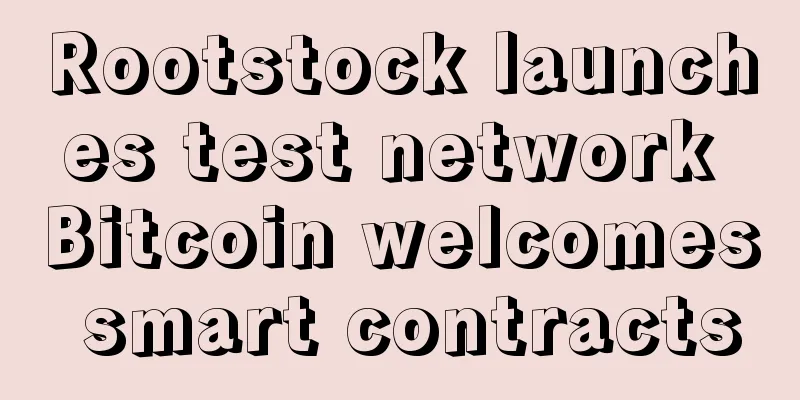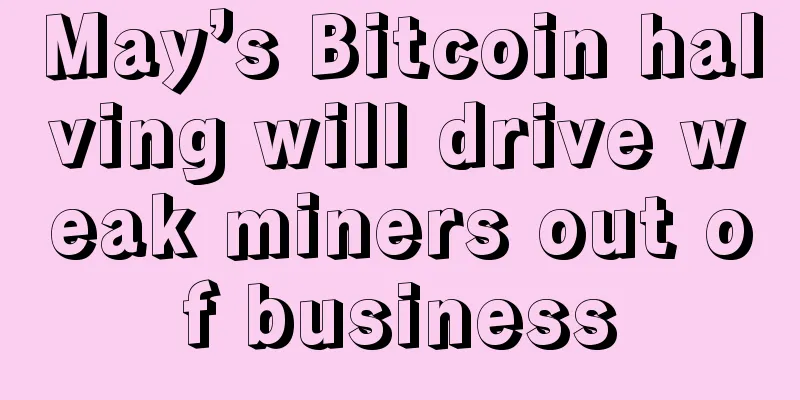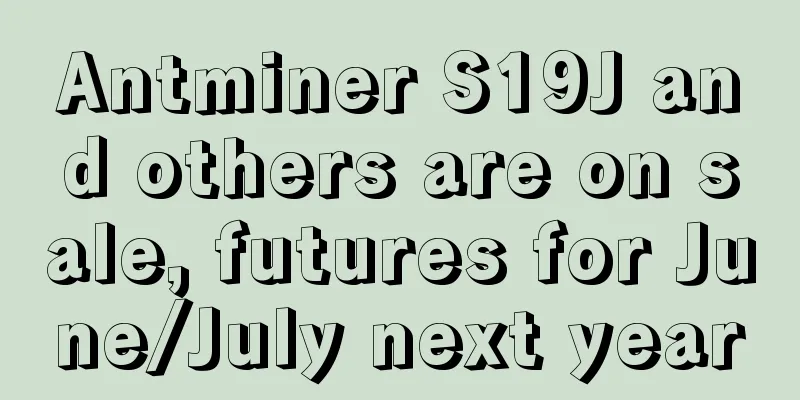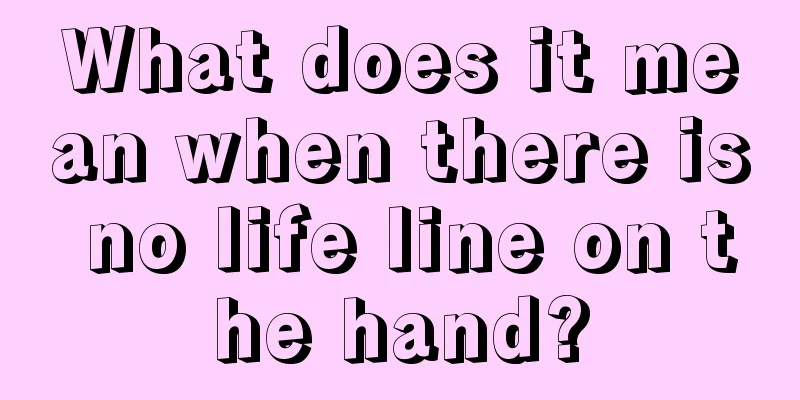From "I don't like Bitcoin" to "Crypto has benefits", reviewing the changes in the US Treasury Secretary's attitude towards crypto in the past 8 years
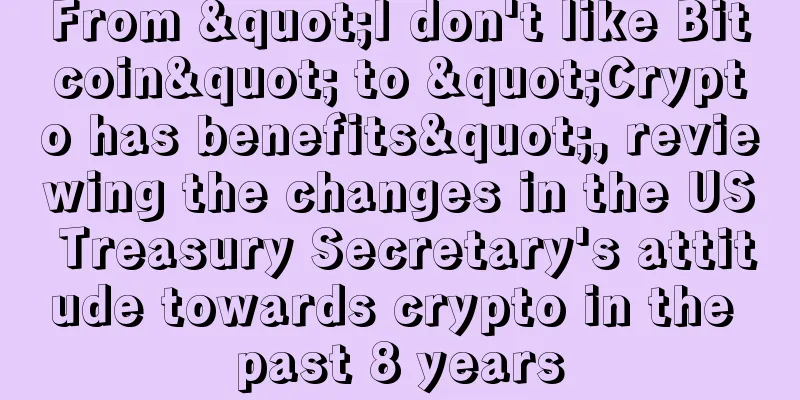
|
On the morning of March 25, Eastern Time, U.S. Treasury Secretary Janet Yellen shared her views on cryptocurrency in an interview with CNBC. She acknowledged that encryption has benefits and plays an increasingly important role in the U.S. financial industry, and said she would work hard to create a regulatory environment conducive to continued innovation. In a recent interview, CNBC “Squawk Box” host Andrew Ross Sorkin asked Yellen where crypto is right now, and she responded: “ Crypto is obviously growing by leaps and bounds, and it now plays a major role, not in trading, but in the investment decisions of many Americans. And the president just issued an executive order a few weeks ago asking us and other agencies to consider regulation of cryptocurrencies.” The moderator then asked if this meant she was less skeptical of cryptocurrencies now than she had been in the past, to which Yellen responded: “There’s a little bit of skepticism [because] I think there are legitimate concerns around it. Some have to do with financial stability, consumer investor protection, use for illicit transactions and other things. On the other hand, crypto also brings benefits, and we recognize that innovation in payment systems can be a healthy thing. We hope to ultimately make recommendations that create a regulatory environment where healthy innovation can take place .” The former Federal Reserve Chairman (2014-2018) and current Treasury Secretary has long been skeptical of cryptocurrencies, publicly stating in 2018 that he "doesn't like" Bitcoin. Over the past eight years, what subtle changes have taken place in Yellen's attitude towards cryptocurrency and blockchain technology? The following are some public comments compiled by the Bitpush editorial team:
On January 19, 2021, the U.S. Senate Finance Committee held a hearing to review Janet Yellen’s pre-nomination for Treasury Secretary. In the response report on the nomination of the U.S. Treasury Secretary released on January 21, 2021, there is the following question: "What do you think are the potential threats and benefits of these innovations and technologies to U.S. national security? Do you think more needs to be done to ensure that we have appropriate safeguards and regulations in place for digital and cryptocurrencies?" Yellen responded: “I think it is important that we consider the benefits of cryptocurrencies and other digital assets and their potential to improve the efficiency of the financial system. At the same time, we know that they can be used to finance terrorism, facilitate money laundering, and support malicious activity that threatens the national security interests of the United States and the integrity of the U.S. and international financial systems.” “I believe we need to take a close look at how to encourage their use for legitimate activities while reducing their use for malicious and illegal activities. If confirmed, I intend to work closely with the Federal Reserve and other federal banking and securities regulators on how to implement an effective regulatory framework for these and other fintech innovations.” Yellen's shift is also a reflection of the attitude of senior U.S. regulators toward encryption, which is to increase regulatory transparency without restricting innovation. Bitpush previously reported that President Biden recently officially signed the first executive order on cryptocurrency, instructing the Treasury Department and other agencies to study the regulation of cryptocurrencies and digital assets, focusing on priorities such as financial stability, consumer and investor protection, and illegal activities. |
<<: How much can the gas fee be reduced after Ethereum switches to PoS?
Recommend
What is the fortune of people with moles on the left side of their body?
1. There is a mole on the left side of the nose I...
20 million Suzhou digital RMB red envelopes for "Double 12", all six major banks' wallets are connected
Source: Securities Daily·Financial No. 1 Courtyar...
Is it good to have double wisdom lines on your palm?
Will two wisdom lines have a good effect on peopl...
What does Tian Xiang in Ming Palace represent?
In Ziwei Doushu, Tianxiang Star is one of the 14 ...
Former NYSE Vice President: Bitcoin is a Ponzi Scheme
At the beginning of 2017, Bitcoin, Turkish Lira a...
What are the effects of a man's lucky nose?
It is actually very important to be blessed. If a...
Is it good for a woman to have a high forehead? Analysis of the fortune of a woman with a high forehead
A woman with a high forehead has an unhappy marri...
What does a broken career line mean in palmistry?
How to read the career line on palmistry? The car...
Do people with moles between toes have good fortune? What does a mole between the toes mean?
Everyone hopes that they will have good fortune, ...
RunCPA offers a job with an annual salary of $250,000 and seeks the best application
RunCPA is a world-renowned affiliate marketing ne...
Facial features to watch out for when getting along with others
When we interact with others, we must pay special...
A must-read for miners: 8 tips to help you achieve long-term mining profits
Source: Hackernoon Translation|First.VIP Mining B...
Chin mole that brings fortune
Chin mole that brings fortune Mole under left chi...
Sleeping position can tell whether you will be rich in the future
Sleeping position can tell whether you will be ri...
Palmistry skills: how to read palmistry to predict wealth
Many people want to know their fortune. After all...
